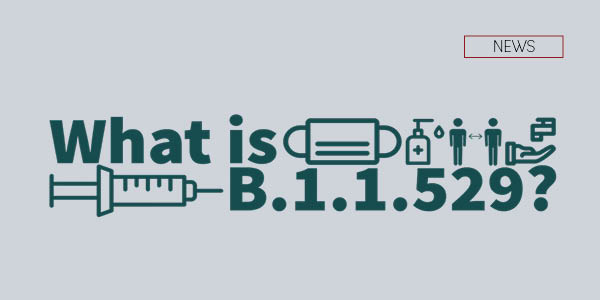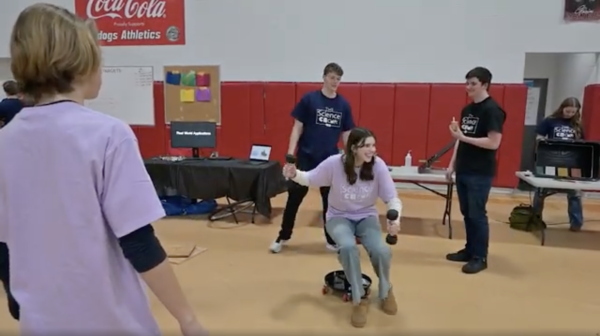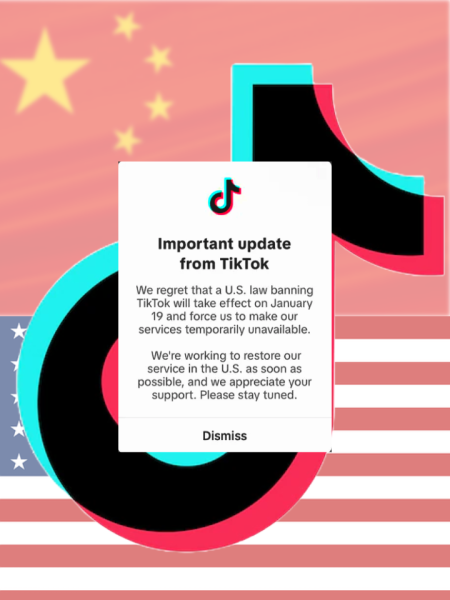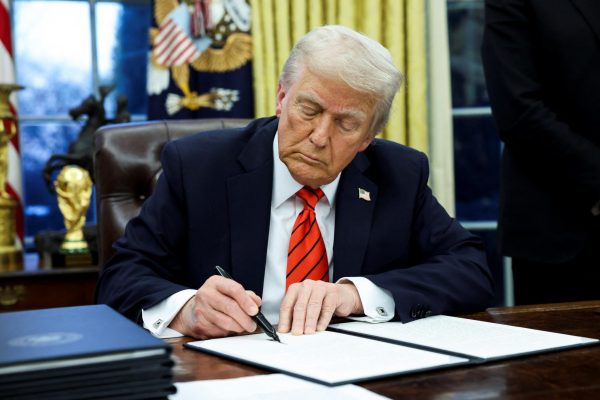What is the Omicron Variant?
How the Omicron Variant is Expected to Impact the World

The Omicron Variant started out small and was expected to become one of the fewer know variants of COVID. On November 26, the World Health Organization’s Technical Advisory Group on Virus Evolution (TAG-VE) named B.1.1.529 SARS-CoV-2, or Omicron, as a variant of concern. This was done after evidence showed the variant had multiple mutations that alter its behavior. As of November 28, 2021, it is unknown if the variant is more transmissible than other variants.
Omicron was first identified in South Africa where the number of positive tests continued to rise in affected areas. South African doctor Unben Pillay, a general practitioner in Gauteng province states that 81% of these new cases have been reported in Gauteng, “a sharp increase in cases for the past 10 days. So far they have mostly been very mild cases, with patients having flu-like symptoms: dry coughs, fever, night sweats, a lot of body pains” says Pillay. According to Dr. Anthony Fauci, director of the National Institute of Allergy and Infectious Diseases the first case of the Omicron variant was detected from a Californian who traveled from South Africa on November 22. They tested positive on the 29th for the new variant. Although the Delta variant is the dominant variant worldwide, Omicron still needs to be taken seriously.
When interviewed about the danger of the variant, Sandpoint High School’s own Health Occupation teacher Elizabeth Smith stated that “it is not appearing as severe based on early studies.” She also went on to explain how the targeted age group likely will not be specific but the disease itself is similar to the flu.
The CDC guidelines are remaining the same as they have been for previous variants. To remain safe it is suggested to keep a distance of at least one meter between you and others, wear a tight-fitting mask, keep hands clean, and get vaccinated when it’s your turn.
Plus, On December 2, President Biden announced the updated pandemic response plan to protect citizens from COVID-19 and its variants. This plan includes making booster shots available for all adults, vaccinations for children to keep schools open, stay-at-home testing being free, and making tests more accessible along with other important measures. Biden also stated, “we’ll fight this variant with science and speed, not chaos and confusion.”
According to CNN Health, Scientists are trying to determine how effective current vaccines are at protecting from the new variant. Health professionals continue to recommend getting vaccinated and getting a booster if they are eligible. Travel has also been restricted from eight countries including South Africa, the origin of the variant.
Although Omicron is new and unfamiliar, following basic health safety protocols and being aware of the situation in your area is very important to stay safe. With an updated national response plan, steps can be taken to help save lives and prevent future pandemics.






